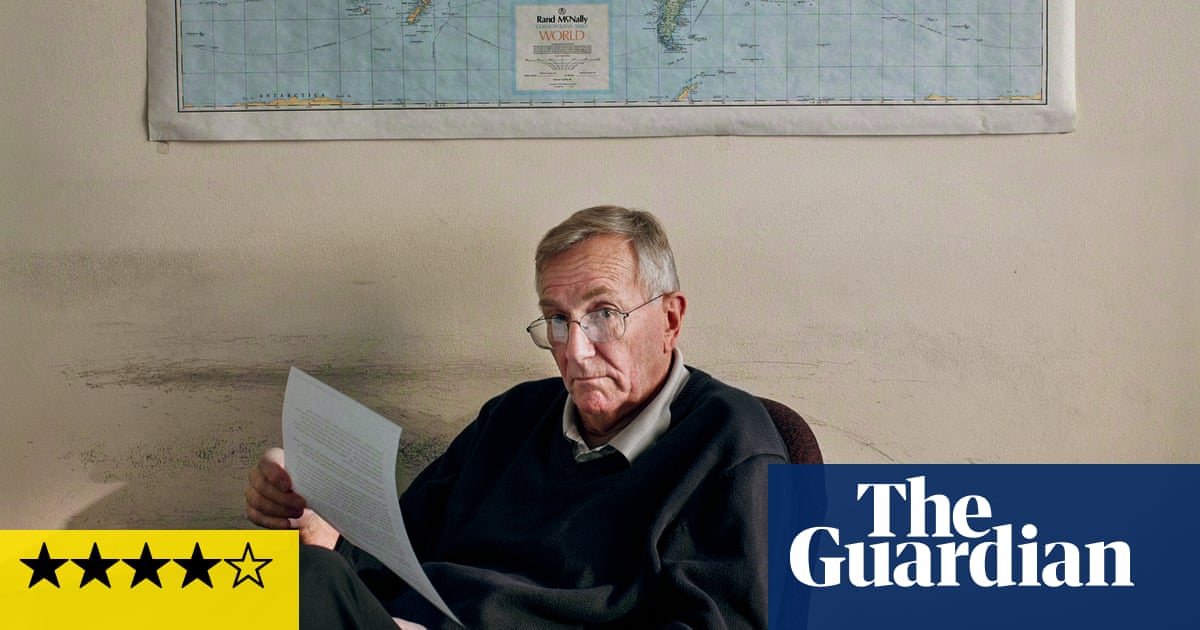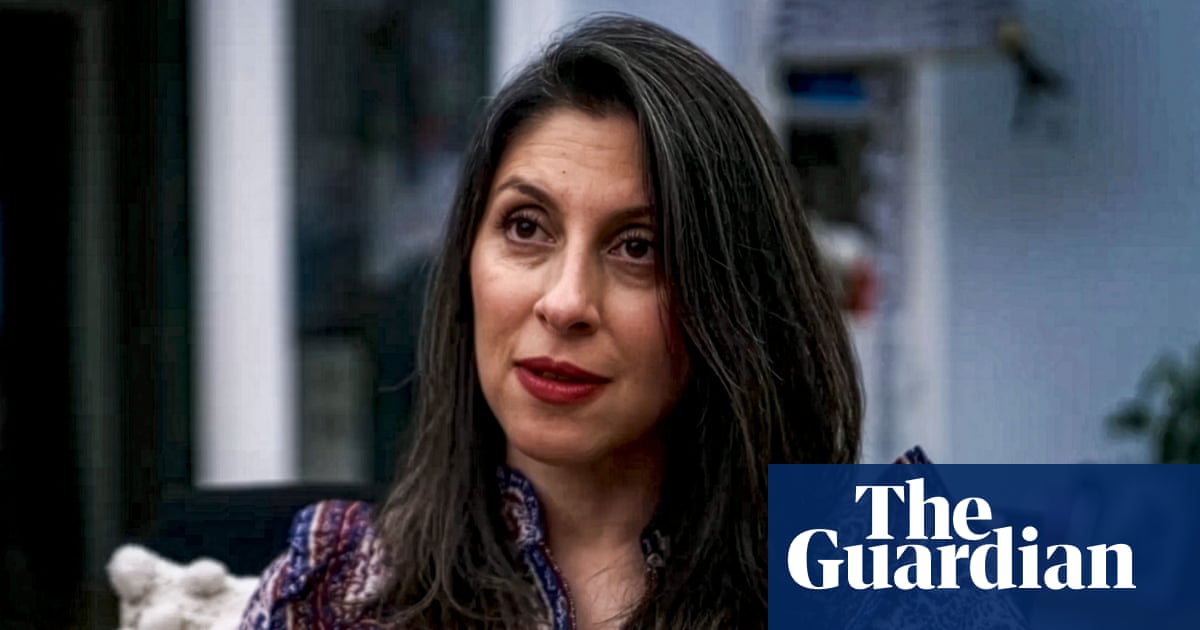We are halfway through October and the inundation of Halloween-related programmes has begun. Most of it is the televisual equivalent of the worthless tat that fills the supermarkets. The first plastic pumpkin/piece of polyester fancy dress to grace the schedules is Witches of Essex, a three-part documentary about real-life witch trials presented by X Factor star and Essex boy Rylan Clark and anthropologist and professor of public engagement in science Alice Roberts. The dynamic is awkward, with Rylan – a quick, witty man and effortlessly engaging presenter – essentially forced into the role of a thick everyman, there to listen to Roberts and other experts and ask questions on behalf of the dumbo audience.
On the plus side, Witches of Essex is not one of those tiresome programmes about supernatural forces, sending celebrities into haunted houses to investigate whether ghosts or goblins are real. (That drivel tends to come closer to Halloween – I would avoid anything H-focused from now on.) It looks at matters of historical record – Essex being witch-hunting central in the 16th and 17th centuries – and focuses on three of the most famous trials of the time.
The first episode looks at the Hatfield Peverel trial, which resulted in the arrest of three women and death of two – Agnes Waterhouse and Elizabeth Frances – by hanging, as required by the 1563 Witchcraft Act passed by Elizabeth I as part of her need to appear a strong leader and distance herself from her own femaleness, as well as trying to put the kibosh on the plots to do away with her by black magical means. The second episode finds us in St Osyth, where 20 or so years on from the Hatfield Peverel deaths, the mixture of fear and misogynistic fun that drove the pursuit was picking up steam and 14 women were arrested, interrogated until confessions were extracted and another two executed. In the final instalment, Rylan and Roberts take us to 1645, when the man who would become known as the witchfinder general, Matthew Hopkins, found his calling in his home town of Manningtree. Twenty-three local women were accused, almost certainly tortured, and tried at Chelmsford. Four died in prison and the rest were hanged.
The programme gestures at the context and deeper motivations behind the history of women being accused of witchcraft but, despite its generous runtime, remains frustratingly superficial. It treats the audience like it treats Rylan within the show: as if we are incapable of joining dots, of understanding the mindset of past generations, who believed in magic like they believed in religion and didn’t always make a distinction between the two.
It has gathered some excellent talking heads together – from familiar sights such as Prof Ronald Hutton from Bristol University (you’ll know him when you see him if you’ve watched any programme to do with Britain’s non-Christian or pagan heritage, or our folklore) to professors Nandini Das from Oxford and Marion Gibson from Exeter universities. But it prefers to fill the time with reconstructions of the trials that have barely bothered to dramatise the facts and have the poor actors simply spewing exposition in costumes dug out of the nearest school dressing-up box.
There is also a lot of time spent watching Rylan and Roberts nod at each other sorrowfully as they mourn the accused women’s suffering and all the injustice done, then nod sagely as Roberts reiterates how it only happens to the poor and vulnerable, misfits in society, because – get this – they are the people easiest to turn on when things get hard. The rise of anxiety fuelled by anti-witchcraft propaganda, crowd mentality and social hysteria are mentioned, but no overt comparisons with our own age are made, though they are surely crying out to be.
Roberts is keener on the “state-sponsored violence” of it all – a phrase she repeats many times – which is the least interesting or meaningful element of witch-hunting. The state, after all, then to a greater extent, now to a lesser, was made up of men. And there is a reason they never went wizard-hunting. There is a reason there have never been and never will be mass trials of vulnerable, impoverished men who can be accused of supernatural crimes and put to death without evidence, on the word of a child or a single judge. And it’s because there is always one group of people lower down the totem pole than them, already viewed with hostility and suspicion, and that is where animus will congregate and wreak its havoc.
But maybe that’s just the bitter old crone in me talking! I’m off to stroke my cat – yes, a black one, what of it? – and try to improve my mood before the next piece of All Hallows tat comes along. Here, kitty-kitty-kitty!

.png) 1 month ago
51
1 month ago
51

















































